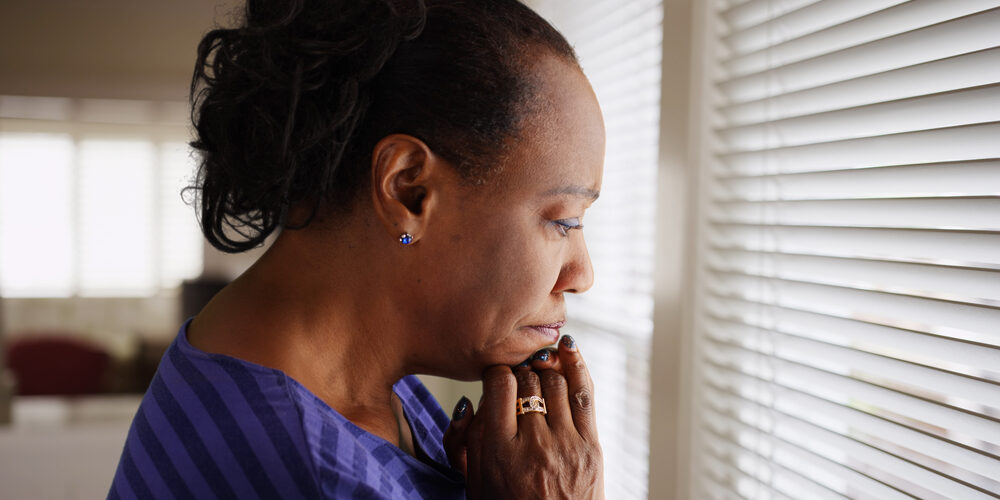Recently I heard that someone that I used to work with had taken her own life.
It took me a few moments to even process that information at the time, followed by feelings of sadness for her.
Even now, rereading this each time again brings a feeling of sorrow.
She was only a year or so older than me. We worked in the same office for several years. My memories of her are that of a caring, hardworking, dedicated colleague who would give 110% to the foster carers that she supported and the young people that they cared for. She would quietly work hard, without any trumpets and fanfare, to ensure that everyone in the foster home, adult or child, was listened to and supported. She always had a real passion for her work.
In truth, I had not seen her for about 10 years but this sad news has reminded me that often we are unaware of what is going on for people. What had happened during those years since I had last seen her? What was it that led to this devastating situation for her and, of course, also for those close to her? All I know is that the uncertainty and upheaval of the Covid-19 pandemic, as well as other current concerns, have really had an effect on people in different ways. Perhaps this despair is something that we can all relate to on some level but for some people there can be much other pain and stress that they feel, and we cannot even see it as they quietly try to manage on their own.
As we come to the end of the month of January, which apparently is the most depressing month of the year, perhaps it would be helpful to try and take some time to check in on our friends and loved ones to see how they are. We can also reach out to some people that we have lost touch with over time, or just take some time to chat with someone new and make a connection – that may be just the thing that that person needs.
If you are unsure of the signs that someone is struggling then Mind, mental health charity, suggests some behaviours that can be indicators of depression. You may identify these in yourself or someone you know: “
- avoiding social events and activities you usually enjoy
- self-harming or suicidal behaviour
- difficulty speaking, thinking clearly or making decisions
- losing interest in sex
- difficulty remembering or concentrating on things
- using more tobacco, alcohol or other drugs than usual
- difficulty sleeping or sleeping too much
- feeling tired all the time
- no appetite and losing weight, or eating too much and gaining weight
- physical aches and pains with no obvious physical cause
- moving very slowly, or being restless and agitated”
(mind.org.uk, 2021)
Foster Carers, you can always speak with your Supervising Social Worker about any concerns and if you are struggling to manage things. It may be that you are worried for yourself, your foster child, or someone else in your household – we are there for you to talk things through and offer support. You can also speak with your GP who may be able to assist with other treatment and advice.
Work colleagues, please be there for each other and seek support if needed. We all have our roles, stresses and pressures to get things done in a timeframe, but I hope that we can also keep an eye for each other too. If time away from the office whilst working from home during lockdown has personally taught me anything, it is that maintaining our work relationships is important to me. I would hate to think that any of my colleagues may be struggling and feeling alone, especially when on a daily basis we are working in a field where we are regularly supporting others.
My question to you (and to myself) is if in the past you feel that you have really been able to give time, or reach out to, a colleague? Honestly, I’m not sure I’ve always been able to do so but going forward it is something I will try to improve upon.
Sources
https://www.mind.org.uk/information-support/types-of-mental-health-problems/depression/symptoms/ Mind – Depression Symptoms and Advice
Resources
https://www.youtube.com/watch?v=6xONySz9XLk CAMH – Mood Matters: Describing Depression
https://www.bbc.co.uk/newsround/38080958 BBC Newsround – Anxiety and Depression Explained (video for young people)
https://www.samaritans.org/how-we-can-help/contact-samaritan/ Samaritans – contact details call 116 1123
Office of National Statistics – Coronavirus and Depression Stats for Jan to Mar 2021

By Lynsey Dobbs, Senior Recruitment Officer
